Managing adult ADHD can be challenging for the best of us. Managing burnout can be a tremendous effort for many as well. When we have both, that presents circumstances that should cause us to take action to improve our well-being.
This week we talk about adult ADHD, burnout and many other challenges those of us face in our lives. Catherine Avery of Catherine Avery ADHD Coaching is the guest this week.
Catherine discusses how she managed adult ADHD, two experiences of burnout, and recovery from cancer.
She also discusses why she experienced burnout more than once and why she needed to make changes in her life after this second burnout.
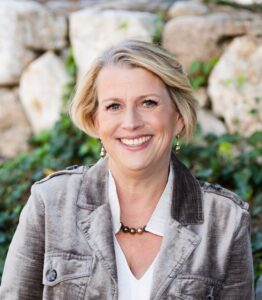 One key takeaway in this podcast from her experience with burnout is telling people to ask for help.
One key takeaway in this podcast from her experience with burnout is telling people to ask for help.
Because Catherine is also a productivity and ADHD coach, she offers tips for improving productivity during stressful times.
It’s OK to be unproductive sometimes.
Find a hobby or sport that you like.
Meditation can help with productivity.
Pause, plan and prioritize.
Save time by taking 10 minutes to plan your day.

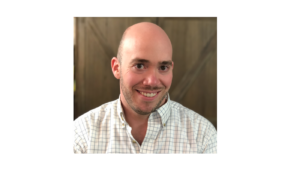 Eric also discusses how the ADHD brain responds to certain forms of accountability and how it can be a powerful tool in many areas of our lives.
Eric also discusses how the ADHD brain responds to certain forms of accountability and how it can be a powerful tool in many areas of our lives.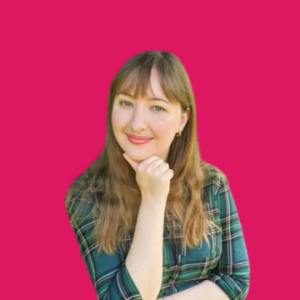 Skye also talks about some of the challenges she faced as an entrepreneur with ADHD and what she did to mitigate some of those challenges to be able to grow her business.
Skye also talks about some of the challenges she faced as an entrepreneur with ADHD and what she did to mitigate some of those challenges to be able to grow her business. Maybe you need a change of pace at work or would like certain accommodations to be more effective at work, Diann has some great tips for moving forward.
Maybe you need a change of pace at work or would like certain accommodations to be more effective at work, Diann has some great tips for moving forward. You do not need to be an adult with ADHD to get some tremendous value out of this discussion with Sarah Reiff-Hekking of True Focus Coaching.
You do not need to be an adult with ADHD to get some tremendous value out of this discussion with Sarah Reiff-Hekking of True Focus Coaching.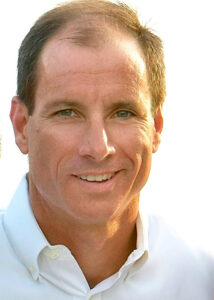 Jeff uses a phrase called task Darwinism to explain how executive functions play a role in all parts of our lives and he begins the podcast by explaining what he means.
Jeff uses a phrase called task Darwinism to explain how executive functions play a role in all parts of our lives and he begins the podcast by explaining what he means.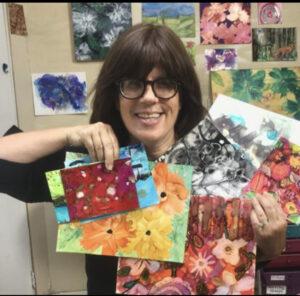 She has some great tips in this podcast if you are an adult with ADHD and looking for something different to help reduce your stress.
She has some great tips in this podcast if you are an adult with ADHD and looking for something different to help reduce your stress. Dana feels that choosing the right foods and discussing nutrition for people with ADHD do not get enough attention. It is a powerful way to manage your ADHD, and she feels more and more people should be aware of the benefits of choosing the right foods.
Dana feels that choosing the right foods and discussing nutrition for people with ADHD do not get enough attention. It is a powerful way to manage your ADHD, and she feels more and more people should be aware of the benefits of choosing the right foods.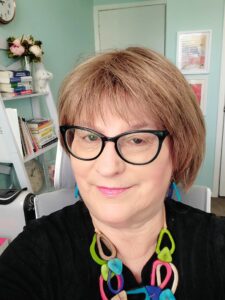 ADHD career coach Shell Mendelson is on the podcast this week talking about what causes employees with ADHD to lose interest and even burn out.
ADHD career coach Shell Mendelson is on the podcast this week talking about what causes employees with ADHD to lose interest and even burn out.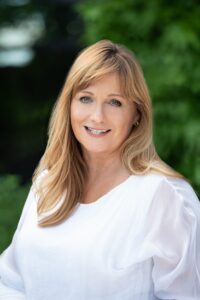 Dave asks Tamara why many people with ADHD feel their brain is broken. They ask questions such as “Why am I like this? Or why do have this brain?” “Why can’t I be normal?” These are common messages we feed ourselves as individuals with ADHD. It’s not uncommon and the frustration that comes with having ADHD can feed this.
Dave asks Tamara why many people with ADHD feel their brain is broken. They ask questions such as “Why am I like this? Or why do have this brain?” “Why can’t I be normal?” These are common messages we feed ourselves as individuals with ADHD. It’s not uncommon and the frustration that comes with having ADHD can feed this.